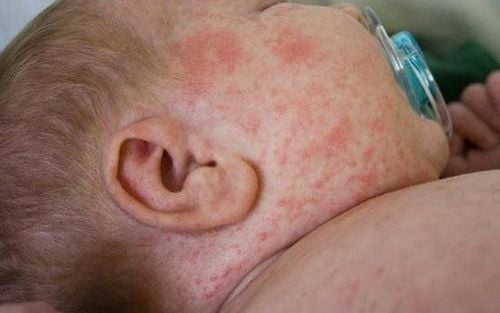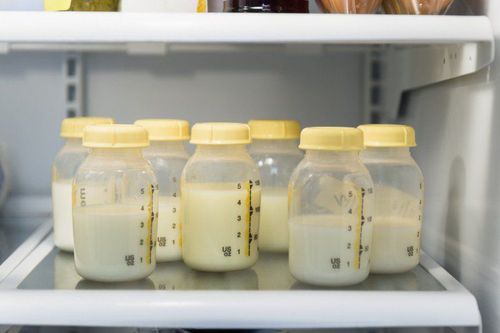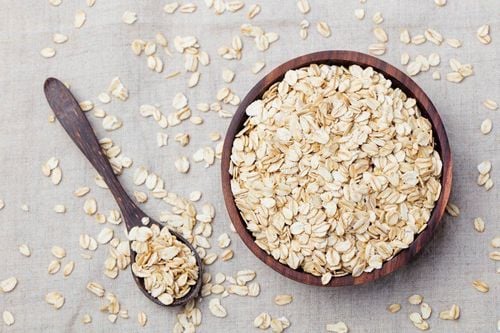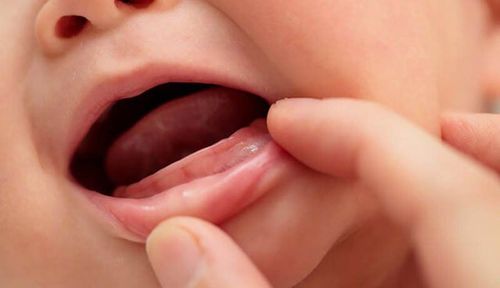Daily energy needs are critical for children. Inadequate nutrition that does not align with physiological or pathological needs or lacks of proper hygiene, can hinder children’s growth, lead to poor health, then increase susceptibility to diseases.
1. Roles of daily energy needs in children
Nutrition is the process of providing energy (calories) from food to nourish the body. Therefore, appropriate nutrition is essential for children's health.
Inadequate nutrition that does not align with physiological or pathological needs or lacks of proper hygiene, can hinder children’s growth, lead to poor health, then increase susceptibility to diseases. Prolonged inadequate nutrition can result in weight loss, tissue depletion, and malnutrition in children.
Conversely, excessive nutrition (e.g., overconsumption of protein with a lack of other nutrients) can affect cellular structures and increase the risk of disorders such as obesity, hypertension, and cardiovascular diseases.Therefore, calculating caloric needs is crucial for children's health.
2. Guide to calculating caloric needs in children by age
2.1. Daily energy needs of children
The primary source of daily energy needs is carbohydrates, derived from rice, wheat, potatoes, sugar, and honey. For children under 1 year old, the caloric needs per weight is approximately 100–200 Kcal/kg/day. For older children, the caloric needs can be calculated as: 1000 Kcal+ (100 × Age in years)
2.2. Protein needs
Protein accounts for 12–14% of the total daily energy needs. Protein is vital for the development of tissues, cells, enzymes, hormones, and antibodies, which help prevent diseases. Proteins consist of essential amino acids. Nutritional breakdown of 100ml breast milk provides 61 Kcal; 88.3 g water; 1.5 grams of protein; 3 grams of lipids; 7 grams of carbohydrates. Besides, 100 grams of pork or lean fish provides approximately 20 grams of protein. The formula of protein needs: body weight x 3
2.3. Lipid needs
Fat accounts for 60% of the brain's composition, but it does not directly convert to energy, it forms myelin, which facilitates neural signal transmission. Younger children require a higher percentage of fats in their daily total energy needs.
Children under 6 months: 50% of total energy; 6–12 months: 45%; 1–3 years old: 40% while 4–10 years old: 30%. The formula of lipid needs:
- Children at 0 - 12 months: 1.5–2.3 g/kg/day;
- Children at 1 - 3 years old: 1.5–2 g/kg/day

2.4 Carbohydrates
Carbohydrates provide satiety and serve as the primary energy source in meals. It is primarily derived from grains, vegetables, and fruits. Carbohydrates should constitute 55–60% of the daily total energy needs of children.
2.5. Vitamin needs
Vitamins such as A, B1, B2, B12, C, and E are required for brain function. Therefore, these vitamins are crucial for children.
- Vitamin A: Supports the synthesis of albumin in the nervous system. Vitamin A deficiency can lead to impaired vision.
- Vitamin B1 is critical for brain development and cognitive ability.
- Vitamin B2 provides energy for brain function.
- Vitamin B6 facilitates albumin metabolism. This vitamin also enhances enzymatic activity in the brain.
- Vitamin B12 is important because lacking it can lead to anemia, in which condition, the brain does not receive oxygen as well as nutrients.
- Vitamin C promotes cell cohesion and brain cell synthesis.
- Vitamin E protects the brain from aging.
2.6. Minerals and micronutrients
- Iron transports oxygen to the brain.
- Calcium calms the nervous system.
- Phosphorus, in tandem with calcium, forms essential brain components.
- Zinc plays a structural role in forming brain solvents.
- Copper aids iron absorption and oxygen transport to the brain.
- Yeast is found in dried mushrooms, agar, dried fish, skimmed milk, pork...
- Mar-gar has an effect in optimizing the flexibility of solvents.
Therefore, it is necessary to provide enough minerals and micronutrients to meet children's daily energy needs.
2.7. Water needs
Water constitutes 75% of an infant's body weight and 65% of an older child's body weight. As a result, adequate hydration is essential.
- Infants: 120–150 ml/kg
- Older children: 50 ml/kg, increased to 2–3 times in hot weather
In conclusion, the development of organs in the body requires adequate nutrition, including proteins, fats, carbohydrates, vitamins, minerals, and water, to meet the daily energy needs as well as support their overall physical, mental, and cognitive development.

Improper nutrition, with risk of micronutrient deficiencies, can lead to several symptoms such as poor appetite, growth delays, malabsorption,...As soon as any signs are recognized, parents should consider supplementing with lysine, essential vitamins, and micronutrient such as zinc, chromium, selenium, B vitamins to help children meeting the nutritional needs. In addition, vitamins play a vital role in digestive health, enhancing nutrient absorption, improving appetite.
To arrange an appointment, please call HOTLINE or make your reservation directly HERE. You may also download the MyVinmec app to schedule appointments faster and manage your reservations more conveniently.













